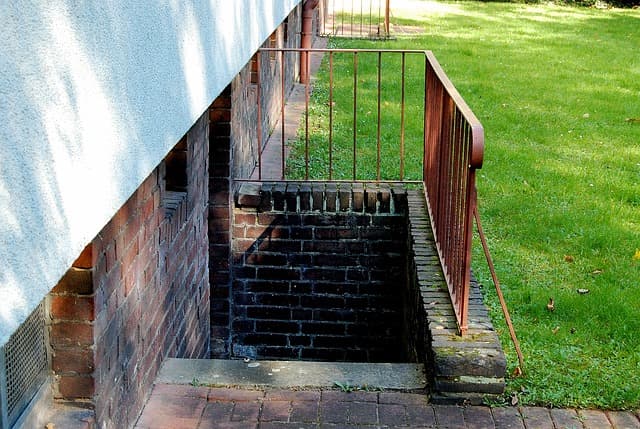Working in Renovation: Professional Painting
By Editorial Team
Updated on August 28, 2024

Pursuing a career in professional house painting isn’t as simple as picking up a paintbrush and hoping for the best. In fact, this is an excellent trade for all to pursue, especially if you have a knack for paying attention to detail as well as expert level patience. However, becoming a professional painter requires much more than simply making the surfaces of a home look attractive. So, if you’re interested in this trade or you’re already working in the realm of home renovation, how can you move towards a career in professional painting?
Before you can move forward working as a professional painter, you need to know what’s involved as well as what it means to invest in this career. Luckily, we’re going to offer a rundown of what it’s like to work as a professional painter.
Working in renovation: professional painter

Source : Canva
What do painting contractors do?
As you may have guessed, a painter's primary job is to do just that: paint. In a nutshell, this profession's main focus is to prepare surfaces as well as apply coating for both aesthetic and protective purposes. Of course, the work of a painter will generally stretch beyond simply coating the walls. In fact, a painter will need the skills to remove fixtures and replace them following the job, as well as knowing the right methods to cover and protect furniture, floors and other elements of a room.
The surfaces that professional painters cover are varied. Material wise, they can range from wood, drywall, concrete, and steel. These surfaces can live in commercial buildings such as factories, offices, storefronts, and institutions as well as in homes or apartments. When it comes to exterior painting, this job is usually done to protect or maintain these outdoor surfaces.
Other skills that most professional painters will need include an understanding of wallcovering installation, decorative as well as faux finishes. Furthermore, some painters may take up learning plaster, drywall and insulation techniques to further diversify their skills.
How to break into the world of professional painting?
The way that you break into the world of professional painting will have a lot to do with your personal trajectory. For many, there are no formal educational standards for painter contractors. Painters come up in many different fashions but most begin by way of apprenticeships for companies or directly under more experienced painters. To gain the relevant skills necessary to call yourself a professional painter, you should expect to spend two to four years in training. This will not only include painting experience but should also involve blueprint reading, measurement techniques as well as the use of basic painting tools.
Depending on the city or municipality where you’re living, the requirements for working as a painter will vary. In some instances, it will be necessary to complete technical school, specific classes or programs sponsored by trade unions in order to be fully certified. This may include a course that will inform new contractors about the risks and proper safety procedures for working with hazardous materials, including lead-based paints.
Do plenty of research to obtain the licensing requirements for the area in which you’re planning on working. In most cases, this will involve applying for a basic contractor's license, a certification exam and a number of hours that prove you have the viable experience to take on this profession.
Looking for something else?
Related articles
The latest industry news, interviews, technologies, and resources.

Editorial Team
•08 Oct 2025
Are you a thrill-seeking, mechanical engineering enthusiast with a passion for the great outdoors? Are you interested in a career that requires you to work under various conditions and face challenges that demand precision and critical thinking? If so, a career as a crane operator might just be your calling!

Editorial Team
•05 Oct 2024
The HVAC (Heating, Ventilation, and Air Conditioning) industry is a vital sector in Ontario, catering to residential, commercial, and industrial needs. HVAC technicians play a crucial role in ensuring comfort and safety by maintaining, installing, and repairing heating and cooling systems. This article serves as a comprehensive guide to becoming an HVAC technician in Ontario, outlining the educational pathways, certification requirements, and career opportunities.
Cynthia Pigeon
•03 Nov 2025
Time is rarely in your favour when it comes to sanitation facilities, and it is to be expected that your bathtub will start to look dull, the stains harder to remove and the scratches more apparent.

Editorial Team
•03 Nov 2025
Water is essential to the wellbeing of humans, but as we know, this natural element can be both a blessing and a curse. Flooding is common in regions with high rainfall levels and proximity to large bodies of water.

Editorial Team
•29 May 2024
Slabs or pavers? This is a massive conundrum for those looking to design quality landscaping. While both items have numerous characteristics in common, slabs are preferred for their easy maintenance factor, and pavers offer a range of laying patterns (fan-shaped, lattice, basket weave, etc.).